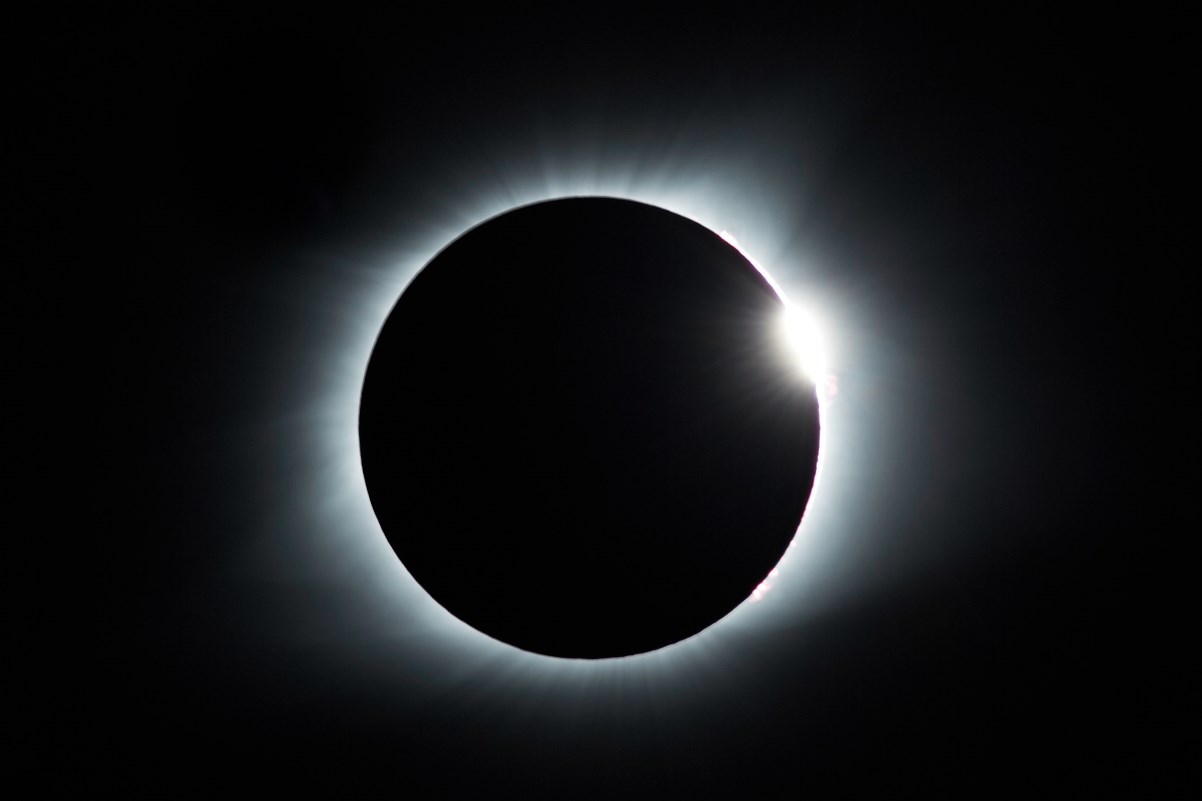A solar eclipse expected to take place on August 2 has generated widespread interest across various platforms. However, conflicting reports have raised confusion over whether the rare astronomical event will occur in 2025 or 2027.
According to a report by The Times of India, a total solar eclipse is expected on August 2, 2027, and will last for over 6 minutes and 23 seconds. The eclipse, described as a once-in-100-years phenomenon, is projected to be most visible across parts of North Africa, the Middle East, and portions of the Mediterranean region. Astronomers say it could be one of the longest total solar eclipses of the 21st century.
According to Economic Times, the momentum around possibility of a solar eclipse happening on August 2, 2025 was fueled curiosity among the public, leading many people to believe that the highly anticipated six-minute eclipse will occur later this year.
However, findings from international astronomical sources clarify that the 2025 eclipse will be partial, not total, and will be visible in North America, Europe, and parts of the Arctic.
Tribune Online learnt that a solar eclipse occurs when the moon passes between the earth and the sun, temporarily blocking sunlight either partially or completely.
There are different types of solar eclipses, including total, partial, and annular eclipses. While partial eclipses are more common, total eclipses, especially those lasting more than six minutes, are considered rare.
Here are things to know about the August solar eclipse:
1. Two separate eclipses are being discussed; a partial eclipse on August 23, 2025, and a total eclipse on August 2, 2027.
2.The 2025 eclipse will be visible in parts of North America, Europe, and the Arctic, but will not bring total darkness.
3.The 2027 eclipse will be one of the longest total solar eclipses of the century, lasting over six minutes.
4.Areas expected to experience total darkness in 2027 include North Africa, parts of the Middle East, and some Mediterranean nations.
5.Total solar eclipses are rare and often require travel to specific locations within the path of totality for proper viewing.
6.Viewing any solar eclipse requires protective eyewear to avoid damage to the eyes.
Experts have advised the public to note the difference. The August 23, 2025 eclipse will be a minor event with limited visibility, while the August 2, 2027, eclipse will deliver a much more dramatic effect, including total darkness in specific regions.
Although both events offer skywatching opportunities, those hoping to witness the six-minute blackout will have to wait until 2027, not 2025 as widely misreported.
WATCH TOP VIDEOS FROM NIGERIAN TRIBUNE TV
- Let’s Talk About SELF-AWARENESS
- Is Your Confidence Mistaken for Pride? Let’s talk about it
- Is Etiquette About Perfection…Or Just Not Being Rude?
- Top Psychologist Reveal 3 Signs You’re Struggling With Imposter Syndrome
- Do You Pick Up Work-Related Calls at Midnight or Never? Let’s Talk About Boundaries






